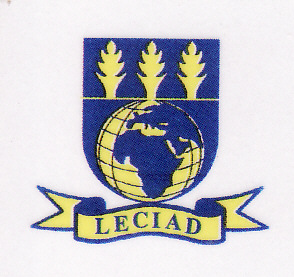This course is designed to promote students’ understanding of the foundations of International Relations and analyze in particular, its classical, evolutionary, and contemporary frameworks. It examines the scope, methods, and appropriate tools for analysis as well as the contending theories in the field such as Realism, Liberalism (Idealism), and Globalism. It uses these theoretical imperatives as frameworks for analyzing other theories such as neo-realism, structuralism, and constructivism, feminism, post-modernism, and post-industrialism. It clarifies salient concepts including structure, systems, actors, power and polarity, security, the national interest, foreign policy and decision-making, international cooperation and interdependence, international regimes, and international organizations, and illustrates them with real examples from diverse perspectives. The course further focuses on the discussion, with practical demonstrations, of issues about globalization and its inherent contradictions of global capitalism. The mixture of lectures, video shows, and insights from practitioners as a mode of classroom instructions would orient students on the foundations of International Relations. After going through the course, students are expected to comprehend the theoretical and practical value of International Relations.



